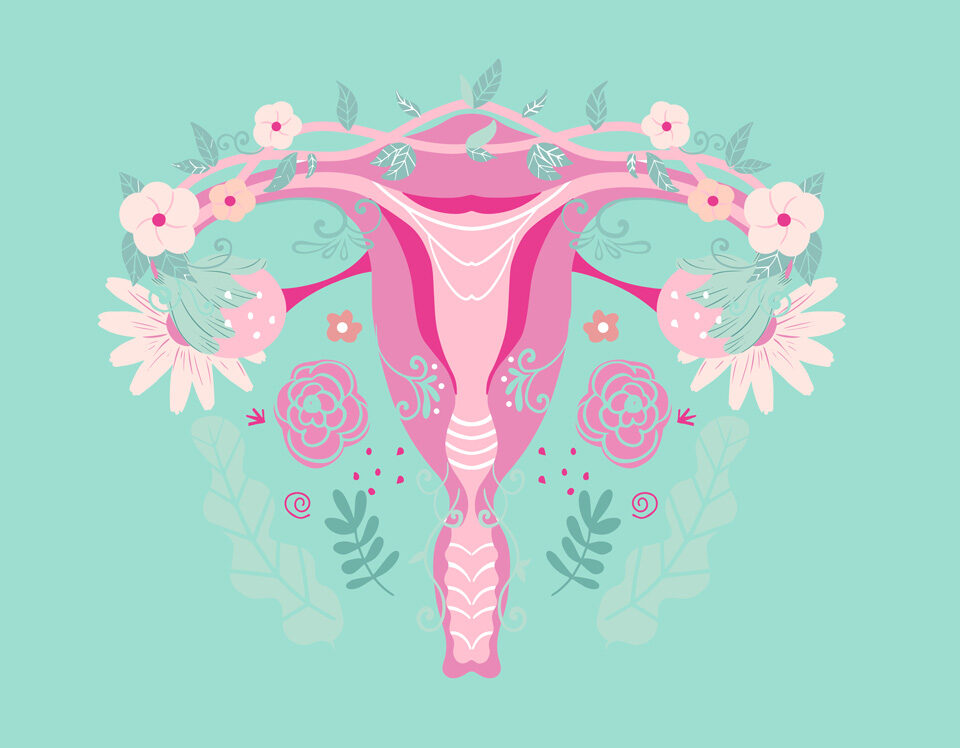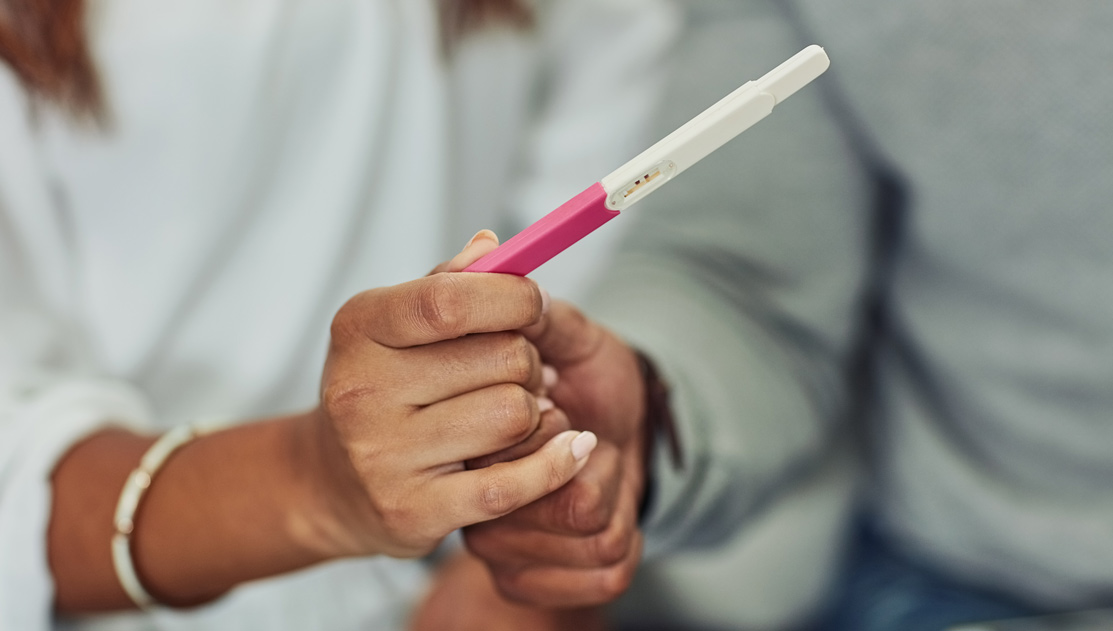Have you previously experienced failed IVF?
There are many reasons why IVF can fail, and with fertility testing, we may be able to gain a better understanding of the causes of failure in individual cases. Sometimes, IVF can fail at the implantation stage; this may be caused by a thin endometrium (the lining of your uterus), scarring and other issues. Endometrial rejuvenation may be suggested as a treatment for these conditions, with the aim of improving subsequent IVF outcomes.
Endometrial rejuvenation is an innovative fertility treatment made possible with the power of platelet-rich plasma, or PRP. This is a relatively new treatment, having been developed in the mid-20th century thanks to broadening research into regenerative medicine. You may have heard of PRP as a treatment for sports injuries, skin conditions and hair loss; evidence has shown that this treatment excels in these areas when used to expedite tissue healing. In light of these successes, researchers began to explore the use of PRP as a fertility treatment.
Dr Amin Gorgy, renowned Fertility Consultant explains, “PRP is an exciting emerging therapy in reproductive medicine. We are seeing encouraging results in women who have struggled to conceive due to issues such as a thin endometrium or repeated miscarriage.”
PRP is also used for ovarian rejuvenation for women with a low ovarian reserve. There’s more information about that in this article.
What Is Endometrial Rejuvenation?
Endometrial rejuvenation involves injecting PRP directly into the lining of the uterus. PRP is derived from the patient’s own blood, which is spun in a centrifuge to isolate the platelet-rich portion. The result is rich in growth factors that support tissue repair, cellular regeneration and improved blood flow.
Once injected into the endometrium, these growth factors help stimulate tissue repair and enhance the thickness and quality of the endometrial lining, making it more receptive to an embryo.
Why is Endometrial Rejuvenation Important?
Endometrial rejuvenation is important to overcome certain challenges that can impact fertility and the success of IVF. Here’s a closer look at how it could help:
Thin Or Damaged Endometrium
A healthy, receptive endometrial lining is key for successful implantation. In some women, the lining of the uterus is too thin, even after standard hormone treatments. This can be due to inflammation, scarring (such as from Asherman’s syndrome, a condition where scar tissue builds up in the uterus), infection, or an individual biological response.
IVF Success
Even when a good quality embryo is transferred during IVF, implantation may still fail if the endometrium is not optimal. Implantation failure affects around 10% of couples undergoing IVF, yet a poor-quality uterine lining is often overlooked as a cause of failed IVF cycles. PRP is showing potential in helping patients with repeated implantation failure by improving the environment in which the embryo must implant.
Recurrent Miscarriage
Women with a history of recurrent miscarriage may also benefit from PRP therapy if the underlying issue relates to endometrial receptivity. By encouraging regeneration and improving vascularisation, PRP can help support a more stable and healthy implantation
Studies Backing Endometrial Rejuvenation As A Successful Treatment For IVF Failure
Despite being a relatively new treatment, endometrial rejuvenation has gained attention in the fertility world for its potential to improve outcomes in women who have previously experienced failed IVF cycles; particularly those with a persistently thin endometrium or recurrent implantation failure. While larger, high-quality trials are still needed, early studies are promising.
One pilot study saw PRP administered via intrauterine infusion to 10 patients who had a history of inadequate endometrial growth in frozen-thawed embryo transfer (FET) cycles – a known barrier to successful implantation. The results were encouraging. Following the treatment, all patients showed an increase in endometrial thickness, and five patients were pregnant. Although a small sample, these outcomes pointed to the potential for PRP to support endometrial development and improve chances of pregnancy in women previously considered poor responders.
A broader systematic review of seven studies comprising 625 patients in total, provided further insight. The findings suggested that women who received PRP treatment experienced significantly higher rates of:
- Chemical pregnancy (very early pregnancy loss)
- Clinical pregnancy (where a pregnancy is confirmed by the detection of hormones, and the gestational sac is visible via ultrasound), and
- Implantation, compared to those who underwent IVF without PRP support.
These improvements hint at PRP’s role in enhancing endometrial receptivity, which is an essential factor for successful implantation and ongoing pregnancy.
However, not all patients benefit equally. Some people experience IVF success with endometrial rejuvenation, while others do not – and researchers are still working out why the results vary. As such, new PRP formulas are being tested (for example, with a specific number of white blood cells, or by varying the degree of clotting in the blood plasma) in order to find an effective solution.
The bottom line is that, while endometrial rejuvenation is not a guaranteed fix, it represents a hopeful avenue for women who have encountered IVF failure. For some, it may offer the extra support needed to finally achieve a successful pregnancy.
Who May Benefit from Endometrial Rejuvenation?
This treatment may be worth considering for patients who have:
- A persistently thin endometrium
- Recurrent implantation failure
- History of recurrent miscarriage
- Scarring or damage to the uterine lining (e.g. Asherman’s syndrome)
- Difficulty conceiving despite normal embryo quality
Because PRP is derived from a patient’s own blood, the treatment carries no risk of transmitted diseases or allergic reaction. However, it’s important to remember that every medical intervention carries some risk. If you have any concerns, you should bring these up at your consultation.
At The Fertility & Gynaecology Academy, endometrial rejuvenation is offered as part of a personalised treatment strategy. Our team understands the emotional toll of repeated IVF failure or pregnancy loss, and we’re proud to be at the forefront of offering new hope to patients who feel they’re running out of options.
If you are interested in finding out whether endometrial rejuvenation might be right for you, book a consultation with one of our expert fertility consultants today by calling 020 7224 1880 or emailing info@fertility-academy.co.uk.









